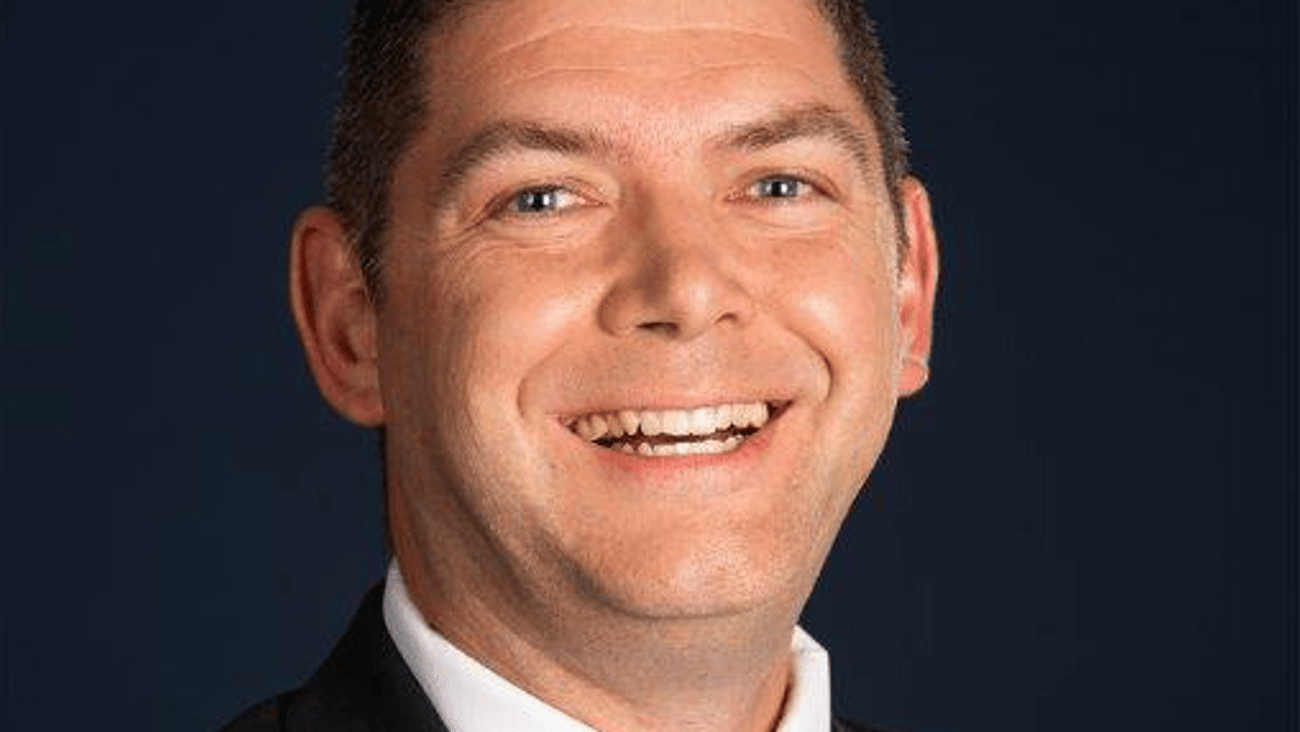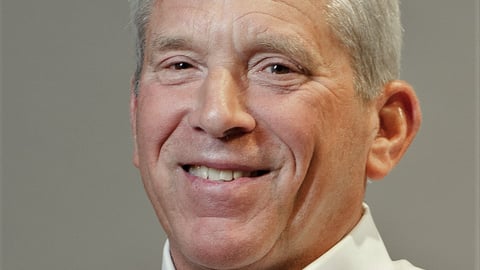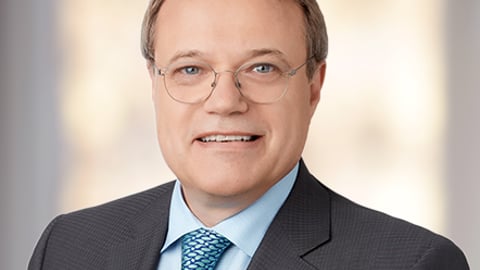-
Why should pharmacists avoid cutting their own lawns?
Easy question: what do you make per hour? Another easy question: how many hours would you have to work to buy freedom for something nagging you, that you are not the expert in anyway? By outsourcing, can you create a job for someone else. If so, it’s time to bet on yourself and outsource.









